Content
Even healthy and strong tomato seedlings may not produce enough ovary. The reason for this usually lies in the lack of the necessary conditions for the growth of tomatoes. Spraying tomatoes with special substances and preparations helps to solve the problem. As a result, the growth of seedlings and the formation of ovaries are improved.
Reasons for the absence of an ovary
For the appearance of the ovary in tomatoes, a number of conditions must be provided. If the necessary microclimate is violated in the greenhouse, then the yield of tomatoes will significantly decrease.
Temperature
Tomatoes need to maintain a certain temperature regime in the greenhouse. If the temperature is too high or too low, the flowers of plants can fall off.
Pollination of tomatoes occurs under the following conditions:
- 13-21 ° C at night;
- up to 28 ° C during the day.
If the air temperature exceeds 40 ° C, this will lead to the fall of the flowers. An increase in night temperatures by several degrees will have a detrimental effect on the appearance of the ovary. Tomatoes need rest at night, which is impossible at high ambient temperatures.
To maintain the temperature balance of tomatoes, greenhouses are regularly ventilated. Additional covering material is used to raise the temperature. Watering in the morning will help to reduce it, which also contributes to the appearance of an ovary.
Before freezing, you should take care of heating the greenhouse and the tomatoes that grow in it. For this, special ovens or electric heaters are used. Another option would be to use daytime heat accumulators - containers filled with warm water.
Humidity
Moisture readings are more difficult to achieve, but doable. To obtain ovaries, the moisture content is from 40 to 70%.
If the humidity in the greenhouse is low, then spray the tomatoes in the morning. Additionally, passages are moistened with a hose. With a lack of moisture, the ovaries of tomatoes crumble, leaves curl, the tops droop.
This indicator can be reduced by mulching the soil. Another way is local watering of tomatoes.
Top dressing
The formation of the ovary directly depends on the supply of nutrients to the tomatoes. Of particular importance for the formation of the ovary is nitrogen, which is involved in the development and appearance of buds. The first feeding is done after the tomatoes are planted in the ground.
If the tomatoes are healthy, then it is allowed to feed them a few weeks after transfer to the greenhouse. Excess nitrogen also has a negative effect on tomatoes.
One plant requires up to 30 g of nitrogen fertilizer. Excessive feeding will lead to active growth of the stem and foliage, and not the development of ovaries.
Pollination
Ovary formation is impossible in the absence of pollination. If tomatoes are grown outdoors, this process occurs naturally. Pollen is transported by wind.
Artificial conditions for pollination are created in greenhouses. Shaking the tomatoes will help transfer pollen. If the tomatoes are tied up, then just knock on the ropes.
Another method is to use a fan.Artificially created air currents facilitate the movement of pollen and the formation of the ovary.
Other factors
Other factors also become the reason for the absence of ovaries:
- lack of sunlight;
- deficiency of trace elements (phosphorus or potassium);
- lack of life-giving forces in the plant (applies to large-fruited varieties);
- diseases that prevent tomatoes from forming an ovary;
- treatment with chemicals that reduce pollination productivity.
In order for tomatoes to develop correctly and form an ovary, you need to provide them with timely watering and feeding. Tomatoes are regularly processed to prevent disease. For this, disinfectants based on iodine, boric acid, salt.
Spraying rules for tomatoes
In order for spraying a tomato to be beneficial, and they get the maximum of useful substances, you must follow the rules for this procedure.
Ovary spraying is carried out subject to a number of conditions:
- no heat;
- calm weather without precipitation (if tomatoes are planted in open ground);
- morning or evening is chosen when the activity of the sun's rays decreases;
- the liquid should only get on the flowers and brushes of plants;
- the ovary agent should not fall on the shoots and the upper part of the tomatoes;
- process tomatoes only with a fine spray.
To spray the tomato ovary, warm water is used. If the source for irrigation is a well or a spring, then the containers are first filled with water. After settling and warming up, the water becomes suitable for spraying tomatoes.
Preparations for the ovary
Spraying with special solutions helps to increase the number of ovaries. Some of these can be made at home from ingredients available at drugstores or gardening stores. There are special preparations aimed at improving the tomato ovary.
Boric acid
For tomatoes, the universal fertilizer is boric acid... It is introduced into the soil to eliminate late blight. In addition, the transportation of sugar is improved, which has a positive effect on the taste of tomatoes and the development of new ovaries. Through bora it is easier for tomatoes to obtain and synthesize useful elements from the soil.
With proper use of boron, the first harvest from tomatoes is removed at the end of June. The first spraying with the ovary is carried out before flowering, when the buds begin to form. Such feeding will accelerate their growth and stimulate the formation of new inflorescences.
The next spraying is carried out at mass flowering tomatoes... Processing tomatoes during this period allows new ovaries to form and prevent them from falling off.
For spraying, 1 liter of solution is used for every 10 m2 beds. To obtain new tomato ovaries, it is required to dilute 10 g of boric acid in 10 liters of water. This amount is enough for full processing of tomato leaves.
Ovary stimulants
Due to special stimulants, you can increase the number of ovaries and get a good harvest. Their composition includes natural substances (salts, acids, trace elements) that activate the metabolism in tomatoes. As a result, much more fruit is tied, even under unfavorable conditions.
Ovary preparations are available in the form of tablets, powder or liquid. For spraying a tomato with an ovary, the preparation is dissolved in hot water. The agent is diluted in a container that is not subject to oxidation. For mixing, you need a wood stick.
With the correct use of stimulants, the number of ovaries increases, the development of tomatoes and fruit formation is accelerated. As a result, a 25% increase in yield is observed.
The concentration of the drug is selected taking into account the purpose of its use. If there are no deviations in the development of the tomato ovary, then 2 g of powder per 1.5 liters of water is enough. Processing is carried out during the period of ovary appearance and before flowering.
If you want to increase the yield of tomatoes, then 2 g of the stimulant is dissolved in 1 liter of water. More precise concentrations are indicated in the instructions for the preparations, therefore discrepancies are possible here.
The following types of stimulants are most effective:
- "Ovary";
- Tomaton;
- Phytocarpine;
- Boro Plus.
Vitalizers
To natural growth promoters include vitalizers, the composition of which includes silicon dioxide. With its help, the formation of cells and the development of the tomato ovary is accelerated.
Vitalizers are obtained from the sap of trees and herbs (plantain, cypress, pine, cedar). These plants are distinguished by a long life span and a unique composition of proteins and minerals.
Fertilizer is supplied in liquid or granular form. After its use, the number of tomato ovaries increases, the ripening time of fruits decreases, and their quality improves.
The vitalizer is diluted with water, after which a product is obtained that is ready for spraying. The drug is also used when the ovary has fallen off.
Tomato processing is performed by the HB 101 vitalizer. This tool is used for processing tomato seeds, watering, fertilizing the soil before planting plants. For ovary, tomatoes are sprayed with the drug weekly.
Gibberellic acid
Gibberelin is a hormone that increases the yield of tomatoes. It comes in powder or liquid form. The drug is included in the tomato treatment scheme, since it stimulates seed germination, seedling growth and the appearance of an ovary.
Additional properties of gibberelin are:
- increasing the number of ovaries and yield;
- obtaining large fruits with a high sugar content;
- acceleration of the flowering process and enlargement of flowers.
Gibberellin is a safe substance, but protective agents should not be neglected when using it.
Gibberellin is first diluted in alcohol. 1 g of substance requires 100 ml of alcohol. The resulting solution can be stored and used for ovaries for six months.
Then the concentrate is diluted with water. For tomatoes, a solution with a concentration of up to 50 mg / l is required. To obtain it, 30 ml of alcohol solution requires 6 liters of water. Spraying tomato flowers increases the yield and the number of future ovaries.
Top dressing with potassium and phosphorus
Tomatoes need potassium during the development of the ovary, when the third and fourth leaves appear. Additionally, potassium improves the palatability of tomatoes and increases their disease resistance.
Due to phosphorus, the resistance of plants to unfavorable factors increases, the root system develops and the fruits of tomatoes are set faster.
Top dressing is done in early July, then once a month. It is best to use a complex of fertilizers.
other methods
Compliance with the rules for planting and caring for tomatoes allows plants to form an ovary, and gardeners to get a good harvest.
Soil preparation
Tomatoes prefer soil that contains humus and compost in equal proportions. Additionally, the land is enriched with potassium sulfate and superphosphate. The soil for tomatoes should remain loose and warm well.
The first soil preparation is carried out in the fall. The earth is dug to a depth of 20 cm. Before planting in the spring, the procedure is repeated.
Pre-soil under tomatoes are disinfected with iodine solution or other substances. This way you can avoid the development of tomato diseases, leading to the dropping of the ovary.
Loosening the soil is another factor that increases the yield of tomatoes. The result is improved soil aeration, moisture penetration and nutrient absorption.
To strengthen the root system, tomatoes are spud. So, additional roots are created, improves the flow of moisture and minerals for the formation of the tomato ovary.
Landing scheme
Tomatoes in the greenhouse should be planted in a specific direction: from east to west. So, all seedlings will receive uniform lighting, and in the afternoon there will be no darkening from neighboring plants. As a result, the daylight hours for tomatoes increase and the number of ovaries will increase.
Up to 0.7 m is left between the seedlings. If two rows are equipped, then up to 0.8 m are left between them. Tomatoes can be placed in a checkerboard pattern or along one line.
Another option is the combination fit. Low-growing varieties are planted near the walls of the greenhouse, leaving 0.4 m between them. Tall tomatoes ripening at a later date are placed next to the aisle. So, pollination of plants and development of the ovary is ensured.
Mulching
Mulching allows you to enrich the soil in the heifer. The soil surface is covered with a layer of compost, straw, grass cuttings or sawdust. This method makes it possible to avoid germination weeds.
An additional action is the preservation of soil moisture and the absence of a crust on the surface of the soil. Mulch promotes the development of beneficial microorganisms that transform the topsoil into fertile soil for tomatoes.
Soil mulching is performed immediately after the tomatoes are planted. If a constant temperature has not yet been established, then it is better to postpone the procedure. Otherwise, in case of frost, the tomatoes will freeze, which will negatively affect the formation of the ovary.
Stepping
The elimination of unnecessary shoots allows tomatoes to direct all their energy towards the development of the ovary. Flowers and fruits may appear on the left stepchildren, but they will not have time to form.
Excess tomato shoots can be removed already at the seedling stage. After planting in the ground, an intensive formation of shoots begins.
The scions are removed every week. This is done before their length exceeds 2.5 cm, otherwise there is a risk of injury to the tomato. Then the vitality of the tomatoes will be directed to the formation of the ovary.
Conclusion
The appearance of the tomato ovary is influenced by the microclimate in the greenhouse, the presence of fertilizers, and the flow of moisture. To increase the yield, special preparations are used that are harmless to humans and the environment. Tomato processing is carried out in compliance with a number of rules. Each drug is used strictly according to the instructions. After spraying the tomatoes, new ovaries appear, which leads to an increase in the final yield. With proper care and an influx of nutrients, the growth of tomatoes and their fruiting is ensured.
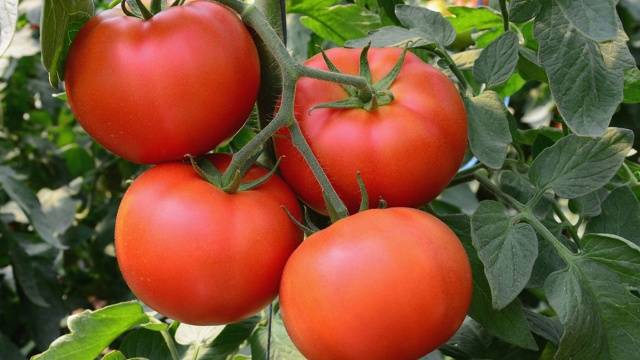
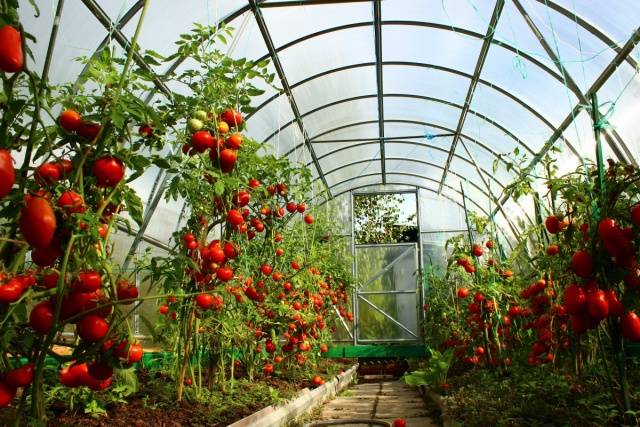
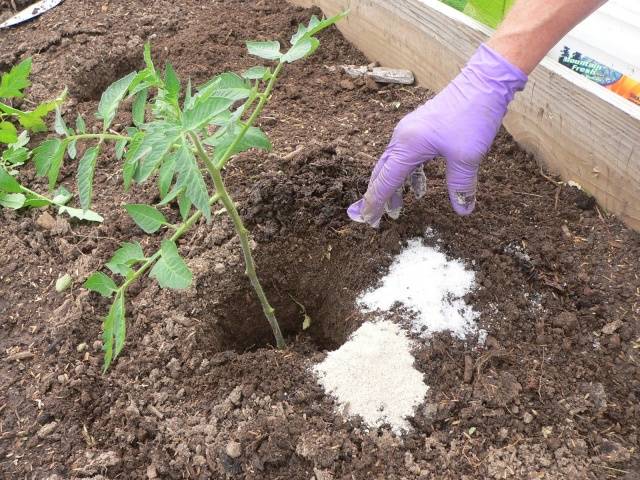
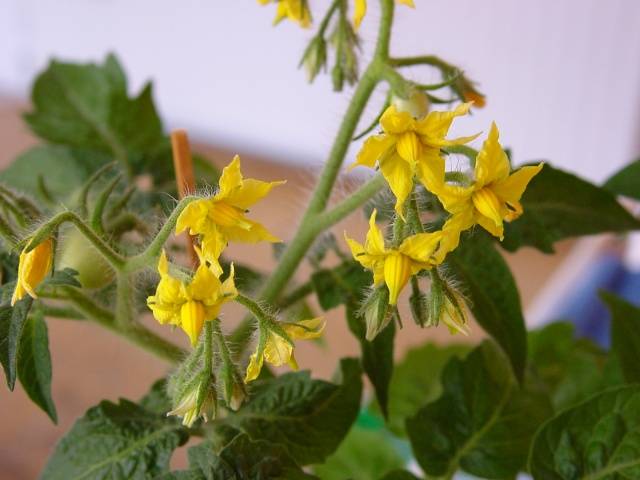
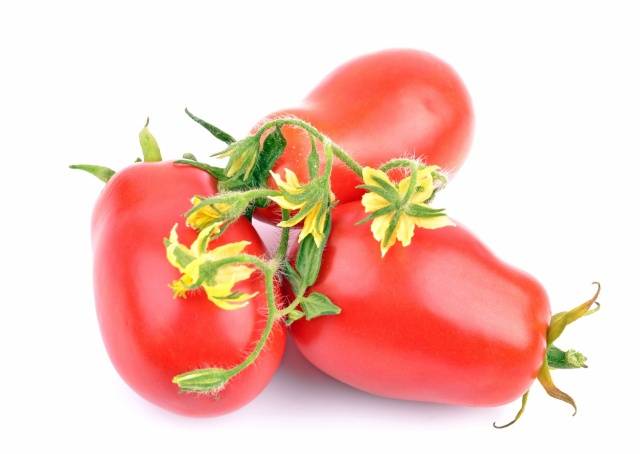
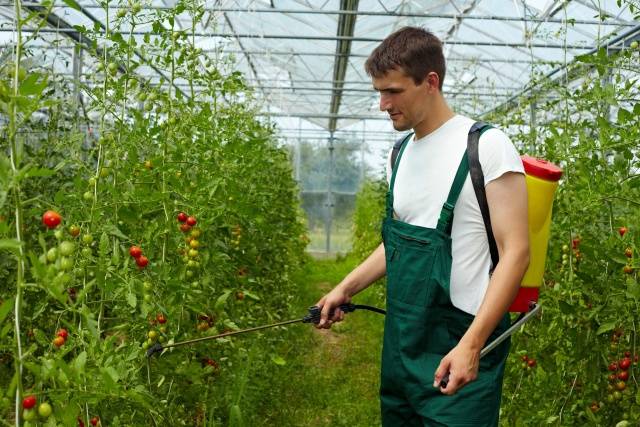
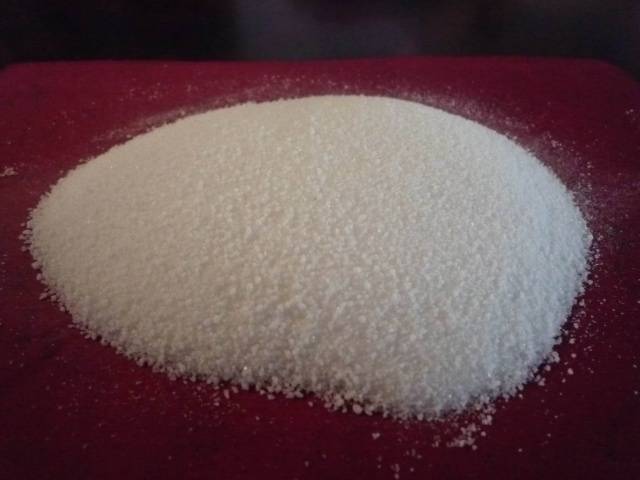
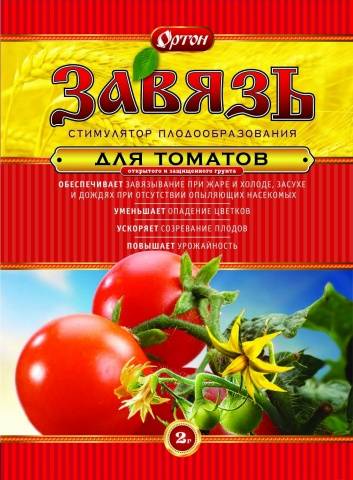
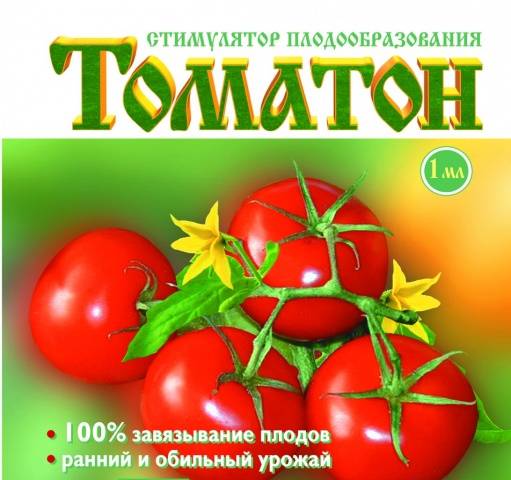
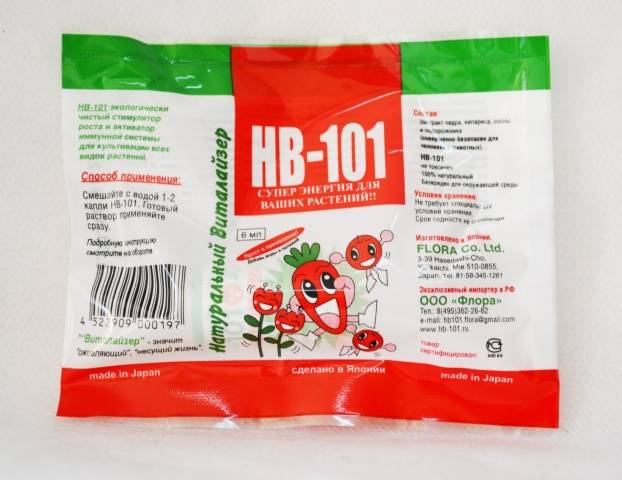
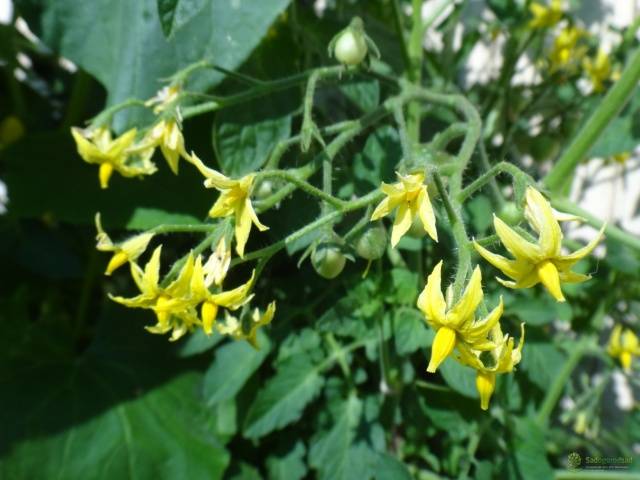
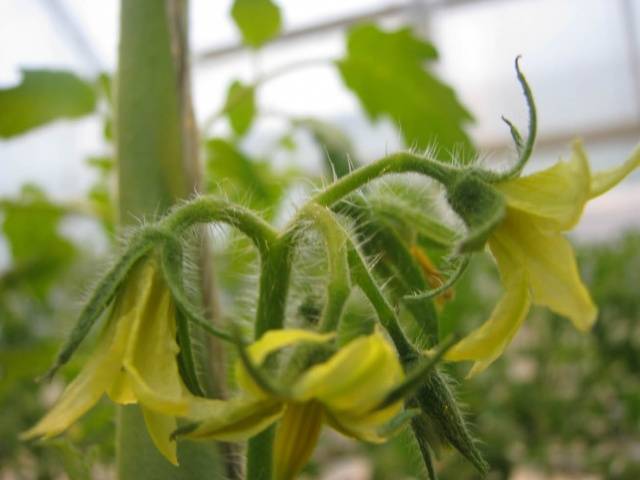
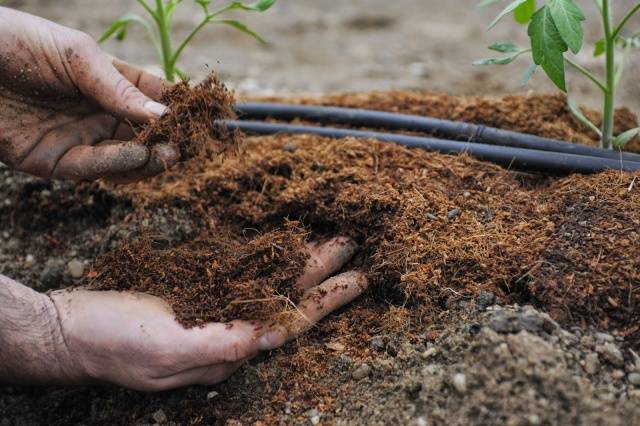
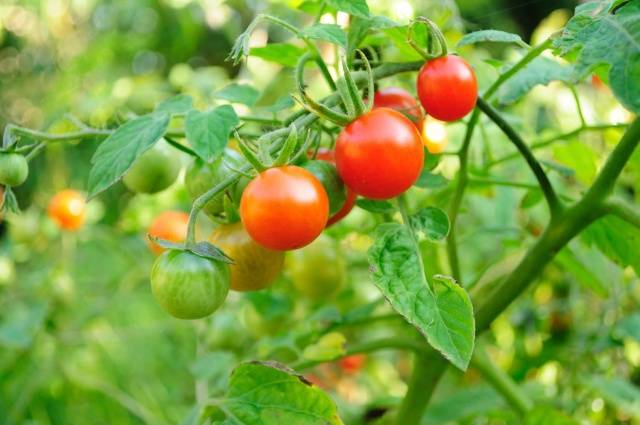
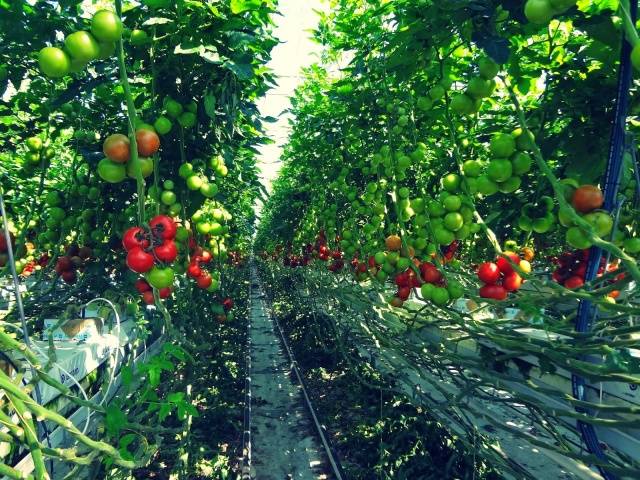
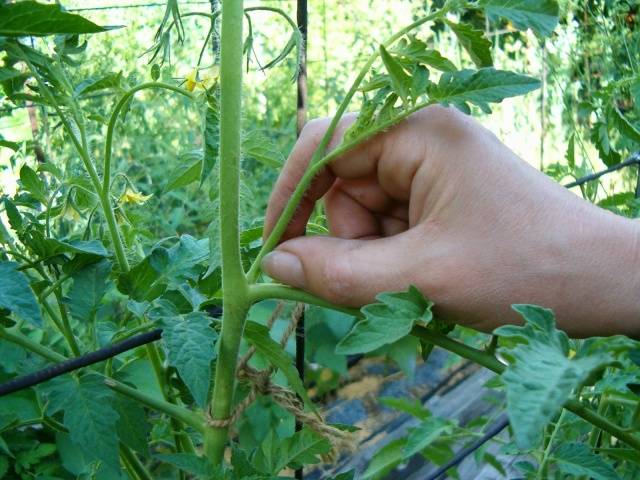









THANKS FOR THE GOOD ADVICE! GOOD LUCK TO YOU!